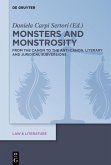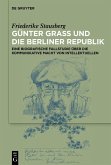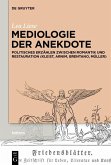Intention plays a complex role in human utterances. The interpretation of literary texts is a strong case in point: for about two hundred years there have been conflicting views about whether, and how much, authorial intention should matter when professional readers interpret literature. These debates grew increasingly fierce during the post-World War II period, the landmarks of which were the notions of intentional fallacy and the death of the author. Seventy-odd years later, there is still no consensus in sight. What has always been neglected in the debates around authorial intention, however, is a reflection on the historical dimension of the debate and how historically bound each of the theoretical positions in the debate were. This book focusses precisely on the historical dimension of authorial intention, providing a systematic historical reconstruction of the importance ascribed to it in literary texts from Classical Greece to the present day, and including a chapter on authorial intention in jurisdiction and legal interpretation from a historical perspective. The book reconstructs a typology of the most important concepts of intention in interpretation for diachronic and synchronic use. At the same time it offers insights from a field-theoretical perspective into how literary studies as a discipline works over time and how notions of intention and interpretation help create forms of literary knowledge.
Dieser Download kann aus rechtlichen Gründen nur mit Rechnungsadresse in A, B, BG, CY, CZ, D, DK, EW, E, FIN, F, GR, HR, H, IRL, I, LT, L, LR, M, NL, PL, P, R, S, SLO, SK ausgeliefert werden.









